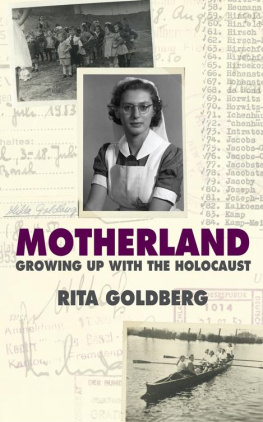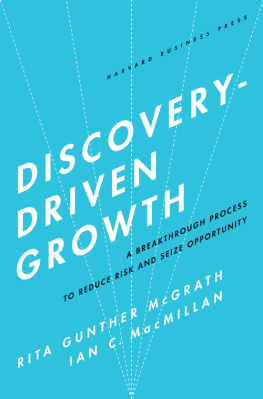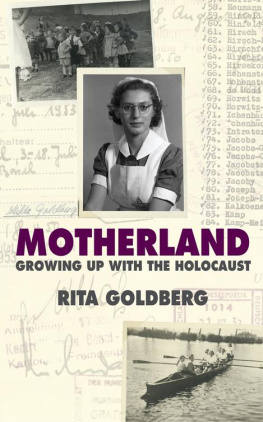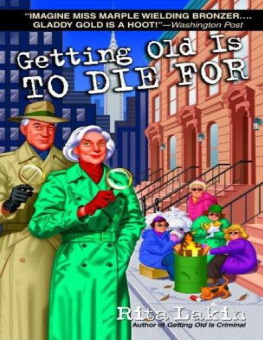CORRESPONDENTS
Tim Murphy is the author of Christodora, longlisted for the Andrew Carnegie Medal. He has reported on health, politics, and culture for twenty years, for such publications as POZ magazine, where he was an editor and staff writer, Out, the New York Times, and New York magazine. He lives in Brooklyn.
Also by Tim Murphy
Christodora
The Breeders Box
Getting Off Clean
CORRESPONDENTS
TIM MURPHY
PICADOR

First published 2019 by Grove Press
an imprint of Grove Atlantic, New York
First published in the UK in paperback 2019 by Picador
an imprint of Pan Macmillan
20 New Wharf Road, London n1 9rr
Associated companies throughout the world
www. panmacmillan. com
ISBN 978-1-5290-2040-3
Copyright Tim Murphy 2019
The right of Tim Murphy to be identified as the author of this work has been asserted by him in accordance with the Copyright, Designs and Patents Act 1988.
All rights reserved. No part of this publication may be reproduced, stored in a retrieval system, or transmitted, in any form, or by any means (electronic, mechanical, photocopying, recording or otherwise) without the prior written permission of the publisher.
Pan Macmillan does not have any control over, or any responsibility for, any author or third-party websites referred to in or on this book.
1 3 5 7 9 8 6 4 2
A CIP catalogue record for this book is available from the British Library.
Printed and bound by CPI Group (UK) Ltd, Croydon, CRO 4 YY
This book is sold subject to the condition that it shall not, by way of trade or otherwise, be lent, hired out, or otherwise circulated without the publishers prior consent in any form of binding or cover other than that in which it is published and without a similar condition including this condition being imposed on the subsequent purchaser.
Visit www. picador. com to read more about all our books and to buy them. You will also find features, author interviews and news of any author events, and you can sign up for e-newsletters so that youre always first to hear about our new releases.
To the Ackareys
A fish said to another fish, Above this sea of ours,
there is another sea, with creatures swimming in it
and they live there, even as we live here.
The fish replied, Pure fancy! Pure fancy!
When you know that everything that leaves our sea
by even an inch, and stays out of it, dies.
What proof have you of other lives in other seas?
Kahlil Gibran, The Forerunner
PROLOGUE
MAHRAJAN
LABOR DAY WEEKEND, 2008
B efore everything changed that afternoon, Rita Khoury had been so happy that shed finally stopped thinking about unhappy people elsewhere. The night before, in a mid-priced chain hotel off I-84 in central Connecticut, she and Jonah Gross had had incredibly gratifying sex before falling asleep in each others arms on cool sheets as the A/C lowed. The next morning, after showers and coffee, Rita felt a warm buzz of contentment while sitting in the passenger seat of Jonahs Mini Cooper on the Mass Pike heading east. At a certain point after Worcester, she realized that not once that morning had she observed a stray object aside the road and tensed, thinking it was perhaps an IED or the charred corpse of a dog, goat, or child. She understood this to mean that she was unusually relaxed, Jonahs right hand in hers on her knee as his left maneuvered the wheel.
She was both eager and anxious to go the mahrajan, to reintroduce Jonah to her sister and present him for the first time to her mother, her nephew and niece, and, of course, to Bobby and the high-tech leg that had replaced his real one. She hadnt been to a mahrajan in nine years, and while one part of her thrilled to join the line of dancerssomething that had filled her childhood heart with a sense of the exotic world that awaited her beyond Massachusettsanother part was reminded of the constraining flatness of childhood, the tyranny of day trips in the back seat of the car (relieved only by a book), the feeling that provincial adolescence would never end and that the big, dazzling universe would never, ever unfold before her.
Funny, she considered, shed always thought that the first boyfriend shed bring to the mahrajan one day would be Sami. There would be a comforting sense that the dancing, the food, the old ladies gossiping in Arabic with their startling glottal stops every few syllables wouldnt be strange and new to him, that she wouldnt have to do much cultural translating. Youre about to see Arabic culture distilled through a hundred years of a Boston accent and mostly Republican politics, shed have told Sami, and hed have said, Well, fair enough, youve seen your share of Arabic culture distilled through a bunch of French bourgeois snobs, and they would have both laughed and had a wonderful time dancing dabke and drinking arak with her relatives, whothat one prior time they had met Sami, the Christmas of 2002, before the invasionhad found him handsome and impossibly sophisticated, with his French accent and all the places hed lived.
But, of course, all that had been before shed sabotaged herself. And it so happened that the first boyfriend she was bringing to this festival that figured so strongly in her earliest memories was, like her, an American and, unlike her, Jewish.
And now Jonah squeezed her hand twice and said, So, hey. Tell me more about your people youre about to drag me into.
How to explain the Lebanese Maronites of Bostons North Shore? When she thought of her fathers people en masse, she always thought first of their eyes, dark and soft and kind and looking a bit heartbroken, even if the person in question was not, with inky smudges beneath them, suggesting fatigue and defeat, even if, again, such was not the case. Then pair those eyes, those supple olive faces, with a Boston accent, full of dropped Rs and that adenoidal flatness, as though invisible fingers were pinching the nose shut.
To her, such faces had always signified family and home, security and prosperity. But seeing similar faces in Iraq had provoked other feelings in her. How could a face look so familiar yet also be a portal to poverty, displacement, terror, despair, bottomless depression, trauma, rageand, finally, empty resignation? How often she had watched the warmth, the hospitality in such faces at war with the suspicion, the bone-deep anger, the spiritual exhaustion.
So now, to Jonah, she merely said, Lebanese Maronites were mountain peasants a hundred years ago, totally looked down on by the Beirut elite, who were Sunni or Orthodox. But here in the U. S. theyve all become doctors and lawyers and bankers and business owners. So they made out okay.
Jonah laughed. They sound pretty much like the Jews of northern Westchester County.
They are basically Jews, she said. They love Israel.
They do?
Of course, she said sharply. But since 9/11, all they want is to fit in and not have Americans think of them as Arabs or Muslims.
Jonah gave her the side-eye. Your voice is escalating.
She laughed. I know. But I get annoyed at Arab Americans who try to fly under the radar.
You mean literally? Going through security at the airport?
She laughed and brushed away his hand on her knee. She loved his dry, fucking-with-you sense of humor. Just drive, she commanded.
Theyd been on a rather desolate industrial strip off the highway, but now they found themselves in downtown Lawton, driving through the grid of what could be so many Northeastern former factory towns, an array of peeling, triple-decker homes, late-Victorian dark-brick hulks of churches and schools, storefronts with grand old engraved signage reading Woolworth or Feinsteins Apparel, then, in their windows, plywood or tin placards reading comida latina or abogado y agente de bienes races. A few buildings, like a library and a municipal office, were clad in early1970s Brutalist concrete, gray facades scarred now with graffiti and grime.














